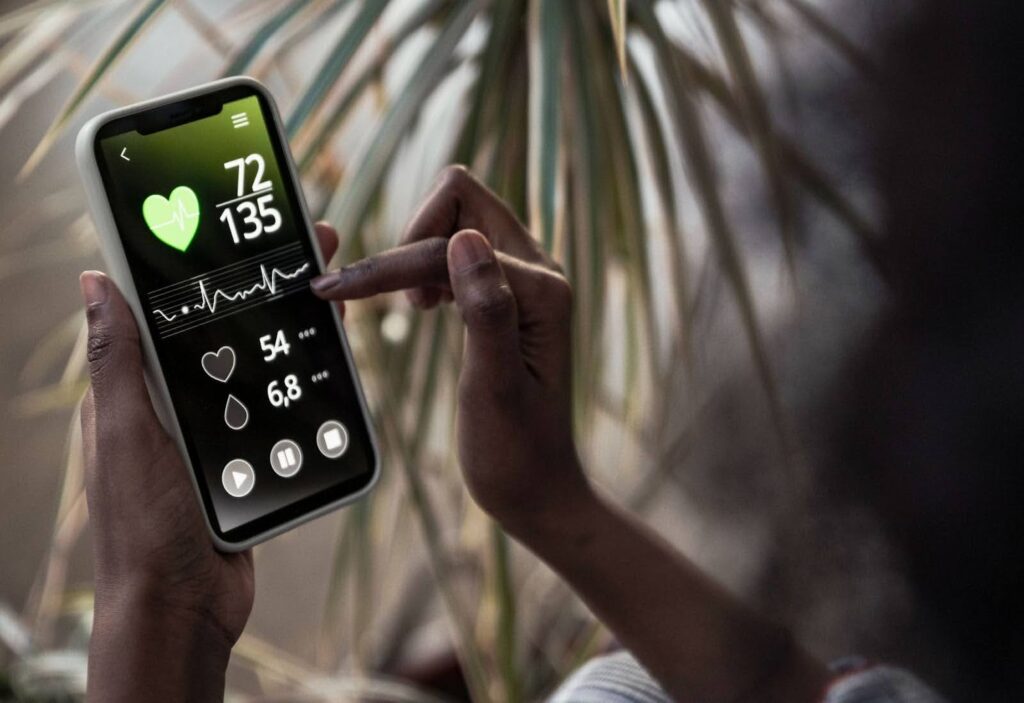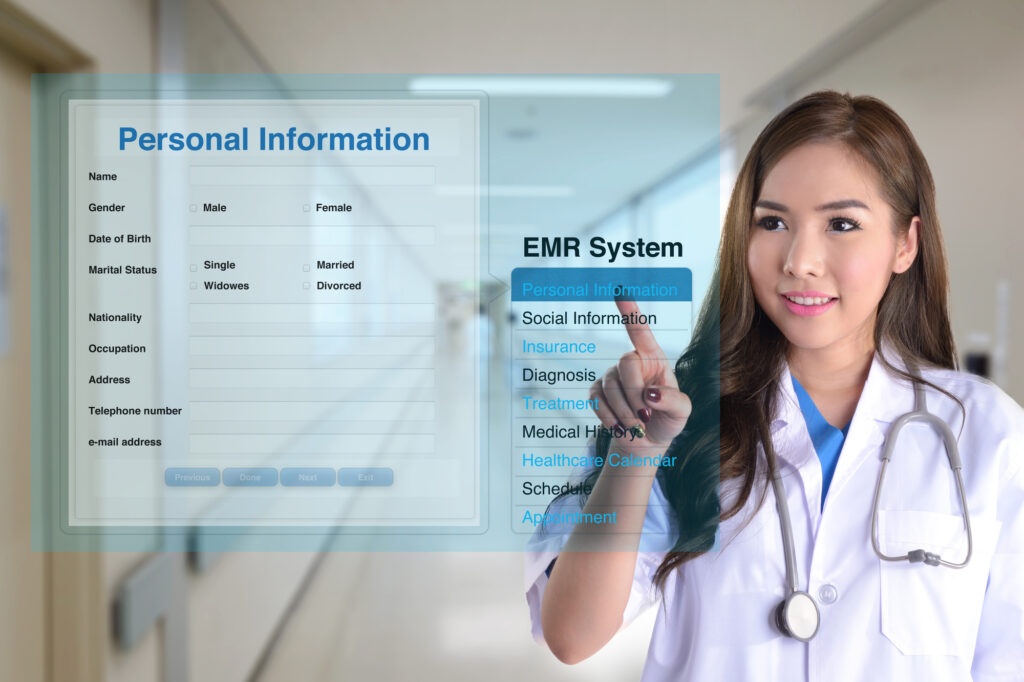Health Informatics
A master's in health informatics can lead to a career in and beyond clinical medicine. This article reviews some of the many career options available to MSHI graduates.
The Online Master of Science in Health Informatics at University of Pittsburgh uses the GradCAS application portal. Here's what to expect when you start your application.
An enrollment advisor can answer your questions about an academic program and its admission process. They can also help you create an application that optimizes your admissions chances.
Learn how a customized Online MS in Health Informatics from the University of Pittsburgh can help you become an agile, data-driven health care leader.
Technology is changing the way that providers give and patients receive health care. Digital tools help with almost every aspect of medical care, from record-keeping and treatment tracking to diagnostic images and wearable devices providing real-time vital-sign readings. The journal Healthcare points to technologies like the Internet of Things (IoT), blockchain technology and artificial intelligence […]
Health informatics translates big data into actionable health care strategies and policies. Power, speed and capacity make artificial intelligence a highly effective informatics tool.
From ancient spiritual traditions to modern medical research, there is substantial proof that happiness and fulfillment can come from helping others. But with working 40 hours or more each week in a full-time job, you may be wondering how to find the time and energy outside of work to help others when you are trying […]
Health informatics salaries vary by location; learn where professionals earn top pay. An Online MSHI from University of Pittsburgh can bolster your credentials in any job market.
Health informatics is the intersection of patient care, data and technology, and it is a valuable part of modern medical practice. Using technology and data analysis, health informaticists work to improve patient care, streamline treatment and give health care providers with the information they need to make the best decisions for their patients. Health informatics […]
Future-proofing is the attempt to safeguard current practices or products against becoming obsolete in the future. When thinking about your education, you must think ahead. The job market can change significantly over time. With the rapidity of tech advancements, this change can happen before you’re even finished securing your degree. Luckily, you can future-proof your […]









